If you have experienced a potential blood-borne pathogen exposure,
Time is of the essence! Protect yourself!
Exposures to blood-borne pathogens can occur via a needle stick or mucus membrane splash/splatter.
Step 1. Immediately clean the affected area.
For splashes to the nose, mouth or eyes, flush the area with water. Irrigate the eyes with clean water, saline or sterile irrigants. If you are stuck with a sharp, clean the site with soap and water
Step 2. Immediately notify your supervisor.
Examples include your clinical instructor, resident, attending, etc. The supervisor should help you to document the incident, order source patient labs and start the process of getting the source patient’s blood drawn.
Step 3. Obtain source patient information.
Gather the patient’s name, birth date, medical record number and location. See the “For Source Patient Testing” section below.
Step 4. Seek Care.
If you are participating in an educational experience (i.e., ” rotation”) at a clinical facility, you may be able to seek care via the facility’s Occupational Employee Health Clinic. Otherwise, you should visit the nearest medical clinic that can see you as a patient. An urgent evaluation is usually needed when post-exposure prophylaxis (PEP) is indicated (see below). Notify the clinic that you have had a potential blood-borne pathogen exposure and need to be seen by someone who can advise you appropriately regarding base line testing and any necessary post-exposure prophylaxis (PEP).
The cost of medical care is the responsibility of the student.
If the exposure occurred during your job/employment, you should instead contact the occupational health provider for your job.
For Source Patient Testing
Dental student: Inform the dental clinical instructor and follow the protocol on the dental school’s website.
Any other health sciences student: Your onsite clinical attending/preceptor should help coordinate and provide instruction for source patient testing for you. Please have the source patient’s name, date of birth, and medical record number available.
Baseline Testing for Yourself for HIV, Hepatitis B, Hepatitis C
Usually baseline testing for yourself is not indicated if the source patient is negative for HIV, Hepatitis B, Hepatitis C. Thus, it is the priority to get the source patient tested. Baseline testing for yourself only checks your current status for HIV, Hepatitis B, and Hepatitis C so this is not needed if the source patient is negative.
Post-exposure Prophylaxis (PEP)
- If the source patient is known as HIV-positive or at high risk for HIV: Post-exposure prophylaxis (PEP) will likely be recommended. If PEP is recommended, it should be started as soon as possible!
- If the source patient is positive for Hepatitis B: If you have completed a hepatitis B vaccine series and have a subsequent adequate quantitative HBsAb serologic test (positive titer), no further action is necessary. If your serologic antibody test is inadequate (negative titer), Hepatitis B immune globulin should be given to you, and you should have follow-up testing.
- If the source patient is positive for Hepatitis C: There is no known prophylaxis for Hepatitis C. You should, however, receive follow-up testing after the exposure.
